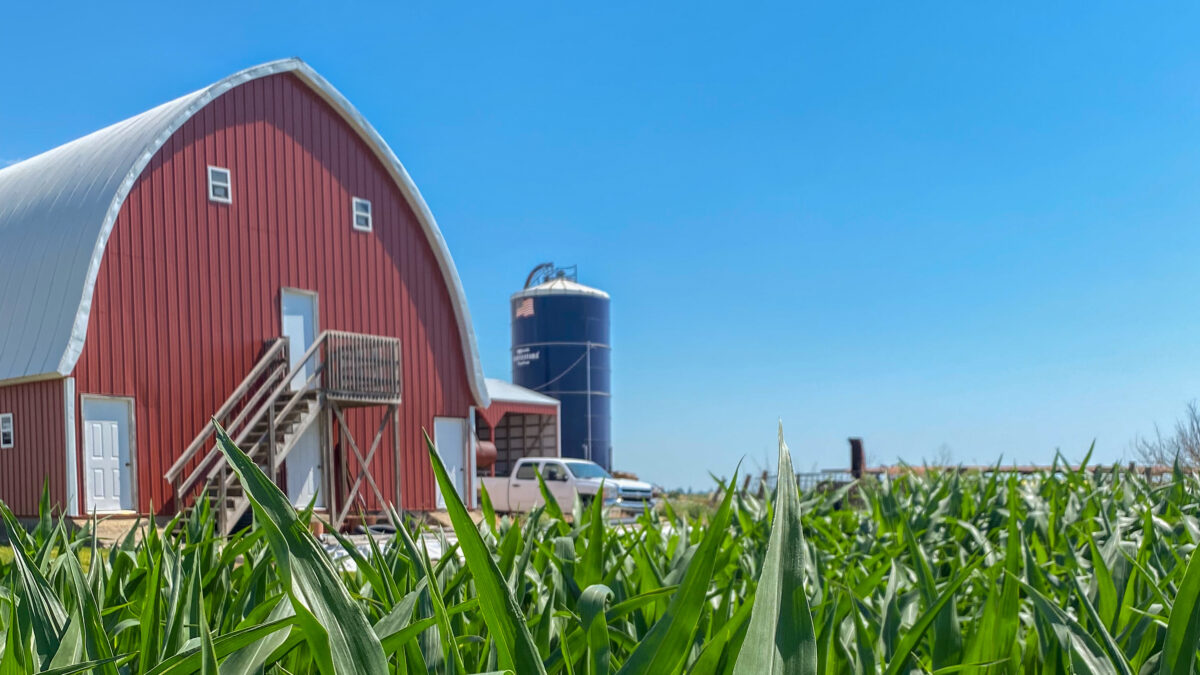Agricultural Trade Boosts Farms and the Economy
TOPICS
TradeZippy Duvall
President

photo credit: AFBF Photo, Betty Resnick
Zippy Duvall
President
U.S. farmers and ranchers are committed to growing high-quality agricultural products and safe, nutritious food for families near and far. Here in the U.S. and abroad, American-grown means high quality and value. We know that our products can compete anywhere in the world, when barriers are removed. That’s why we are eager to see a boost in trade opportunities for U.S. farmers and ranchers with new and existing markets.
Trade matters to farmers and ranchers because we need export markets to help us remain competitive and economically sustainable. If we’re going to keep growing the food, fiber, and renewable fuel that our country needs for national security, we need to ensure that farms of all sizes have opportunities for growth. Agricultural trade can maximize the value of our products. For example, some cuts of meat are more popular in other countries, and a variety of fresh produce is grown for both consumers in the U.S. and abroad.
When farmers have this variety of market opportunities, they can keep their businesses running and support jobs across our nation’s economy. Our agricultural trade helps to create jobs right here on American soil. Did you know that more than 1 million full-time jobs are supported by U.S. agricultural exports? According to USDA data from 2023, about half of those jobs were on the farm and the remaining half were across related industries like shipping, processing and storage. If we look at trade as a return on investment, agricultural exports double our returns, with every $1 of farm products sold overseas bringing back more than $2 in economic activity here in the U.S.
Trade matters to farmers and ranchers because we need export markets to help us remain competitive and economically sustainable.
At Farm Bureau, we are grateful for the administration’s focus on achieving new trade deals with a commitment to making agriculture a priority. With the recently announced framework deals inthe EU, Japan, Indonesia, South Korea and the Philippines, in addition to recent deals with Vietnam and the U.K., we see real opportunities for U.S. farmers and ranchers. We are urging the administration to finalize new deals and to reach agreements with large agricultural markets like China.
The stakes are high when it comes to trade negotiations, and unfortunately, farmers and ranchers are often first to bear the brunt of retaliatory tariffs. That’s why we consistently urge theadministration to limit trade disruptions and work to resolve disagreements quickly. Farmers and ranchers, our employees, our families, our rural communities, and our fellow Americans across the country cannot afford to lose markets or the trading relationships we have built with our businesses over the years. One-fifth of U.S. agricultural products are exported, and behind those products are hundreds of thousands of hardworking Americans.
Let’s keep working to open new markets and strengthen our existing partnerships so that U.S. farmers and ranchers can keep leading the world in growing safe and sustainable food for families at home and around the world.
